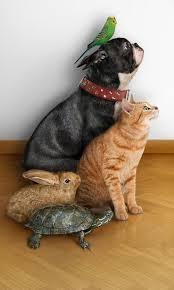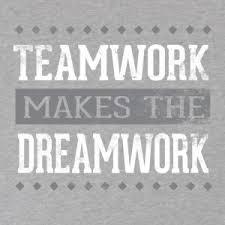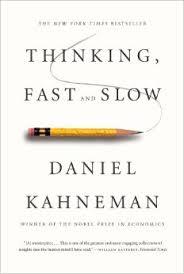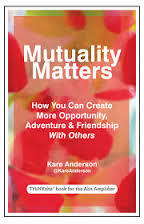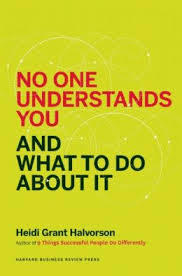Why not become an Opportunity Maker, the invaluable glue that holds diverse groups together and makes you sought-after? Here are three methods to hone that skill and stay relevant in this fast changing world.
1. Experience the Freedom of Agreed Upon Constraints
To create a common ground on which we could get more done with less friction, we agreed on a few simple rules, including that we could agree to change rules as we went along. Since a newly-formed team is not accustomed to working together, it has not yet developed good or bad team habits.
To get off to a positive start that can endure, it helps to have some mutually agreed upon boundaries. It grounds a team and thus leverages shared comfort during those boundless times of co-creating. These were some of our rules:
• Always have a prioritized agenda when meeting. That doesn't mean that, once at the meeting, you can't agree to collectively alter it. Yet starting with something concrete is easier to alter than starting with nothing.
• First, say why you are bringing a topic up and what you want from the group before diving into it.
• Do not negatively personalize the discussion. For example, don't say "That doesn't make sense." Sounds like obvious advice, eh, yet I'll bet you have heard more than one person respond in a similar vein.
• Always directly respond to a question rather than giving background first or changing the topic.
• Whenever possible, do not just disagree; offer another option and a reason why it might be better.
2. Meet To Decide in In-Person And In Writing
Slow and fast thinkers can be equally smart. Fast thinkers flourish in conversation, and slow thinkers benefit from time for deliberate thinking and then writing, as Daniel Kahneman famously describes in Thinking, Fast and Slow.
A smart team provides for both needs. Further, introverts thrive with adequate alone time and deep relationships with a few friends, as Quiet author Susan Cain explains. Extroverts prefer to be engaged with people more often and enjoy having a wider circle of friends. Thus introverts also need down time to think and gain faster support from their close friends.
Extroverts still get the face time they want to get things done and be better able to tap the wisdom of crowds for insights, because they have a wider group of contacts.
3. Contemplate Both Best And Worst-Case Scenarios
Optimists often tend to view situations through a rosy lens, minimizing or ignoring possible obstacles, yet tending to be more tenacious in overcoming them.
When a problem arises, pessimists are more likely to see it as permanent (it will always be this bad), pervasive (everything, not just this problem, is bad) and personal (it affects me the most). While they are inveterate doubters, they are also -- according to some research -- more realistic in their view of a situation than are optimists. Thus, discussing both extremes of what might happen when choosing a course of action can lead to smarter, collective decision-making.
Just like smiling (or even slightly elevating your eyebrows) not only raises your mood and likeability, and that of those facing you -- authentically praising those who think and act differently than you makes you feel both more likeable and more familiar to each other.
Thus you are more likely to focus on the convivial, helpful parts of your work together rather than on the fractious moments -- making more productive times a self-fulfilling prophecy. This approach also reduces the natural instinct to for each of us to believe we are doing more than most others, according to Mindwise author, Nicholas Epley.
5. Keep Reminding Yourself of the Power of Unexpected Allies
Even if you experience success with unlikely allies, it's all too easy to slip back into hanging out just with those who act and think much like you. To reinforce your motivation to cultivate diverse colleagues and be adept at recruiting and leading teams of diverse people, be prepared with the bad and good news.
"People in diverse groups are usually less happy -- at first. Their views are challenged, and they feel like the outcomes were manipulated. Based on their experiences, they will self-report that it was not better than when they were on a homogenous team," The Difference author Scott E. Page told angel investor Steve Jurvetson and others at a Santa Fee Institute meeting.
Yet when diverse teams experience success together they know wouldn't have happened without each other, they tend to form strong bonds, so it's well worth finding out how. The key to being smarter together than as individuals is that the group is sufficiently diverse that they "got stuck less often than the smart individuals, who tended to think similarly," according to Page.
Reinforcing that research, a Deloitte study cited by Alison Griswold found that "diversity of thought" spurs "innovation and creative problem solving" and reduces "groupthink."
Participate in tight-knit teams that regularly interact with other teams. In so doing, you gain the benefits of staying nimble, engaging with people you get to know well, while avoiding becoming extreme and hardened in your beliefs and methods as happens when teams act in continued isolation from others.
Suggestion: To connect better with teammates and others read Heidi Grant Halvorson's captivating new book, No One Understands You And What To Do About It.

